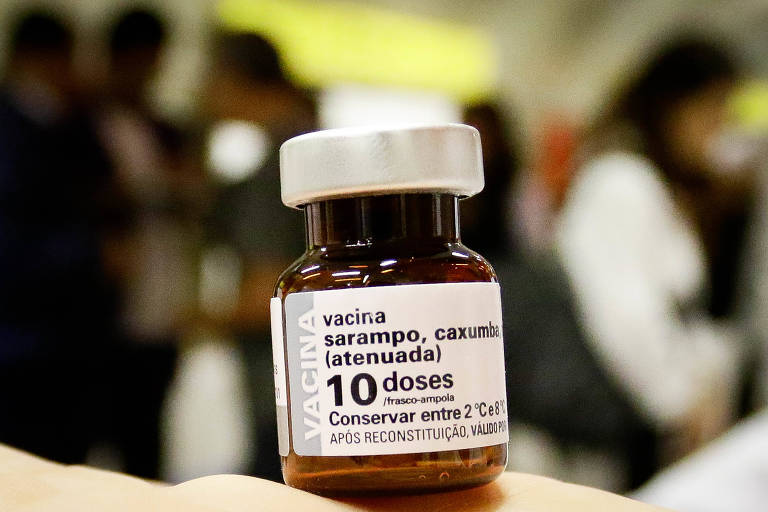|
For the first time in almost 20 years, Brazil failed to reach its targets for any of the primary vaccines recommended to children under one year of age, according to 2019 data from the National Immunization Program, analyzed by Folha. In the last five years, vaccine coverage has fallen dramatically. Some vaccinations have been reduced by 27 percent. To complicate matters, amid the pandemic of the new coronavirus, health teams say they see delays in the search for vaccination this year, which indicates another historic drop in the rates. In general, the goal of vaccinating babies and children usually varies between 90% and 95%. The first level applies to vaccines against tuberculosis and rotavirus, and the second to the others. Below this value, there is a strong risk of diseases returning, as has already happened with measles, or an increase in the transmission of those that until then had been controlled. In 2019, however, no vaccine reached the goal among the group of babies and children up to a full year. In 2018, three of the nine leading vaccinations for this group reached the ideal level. At other times, Brazil also had up to seven vaccines with ideal coverage, with the others close to this scenario. Thus, the 2019 numbers are surprising given that the country is recognized for having one of the largest and most successful immunization programs in the world. |
Translated by Kiratiana Freelon
